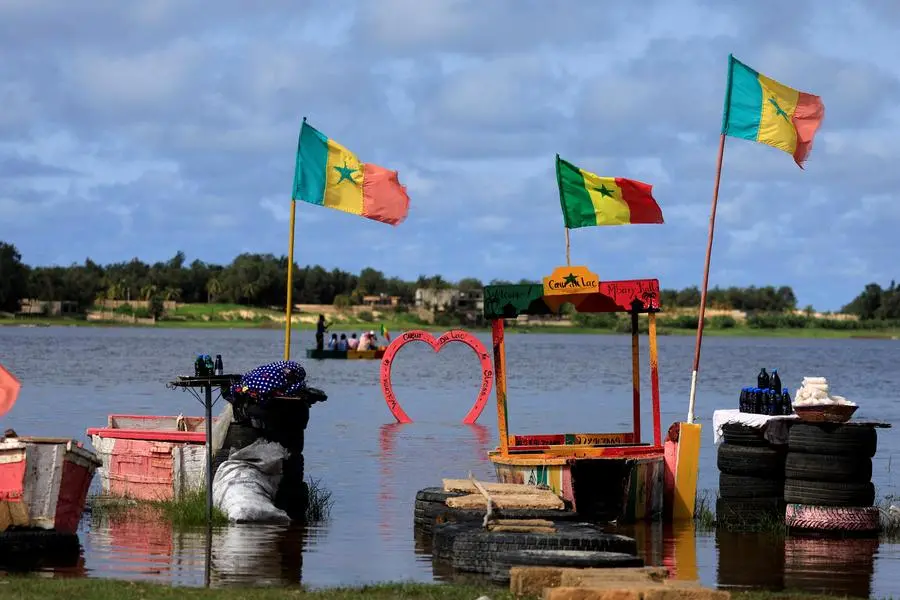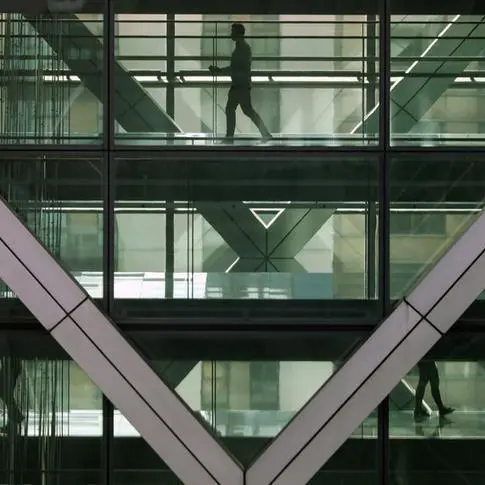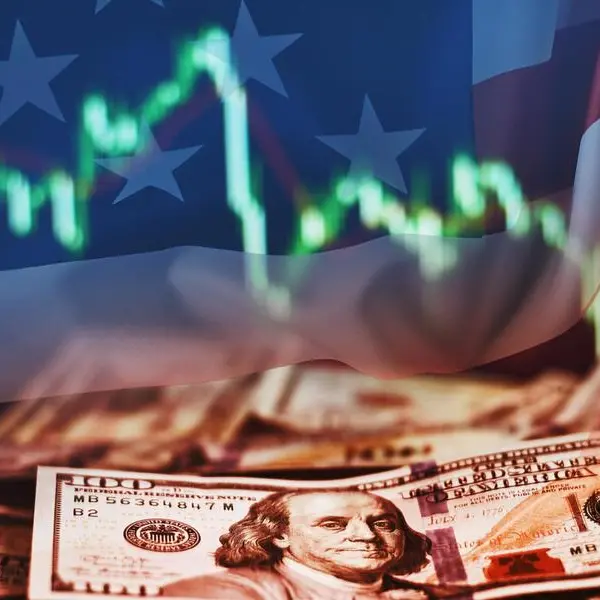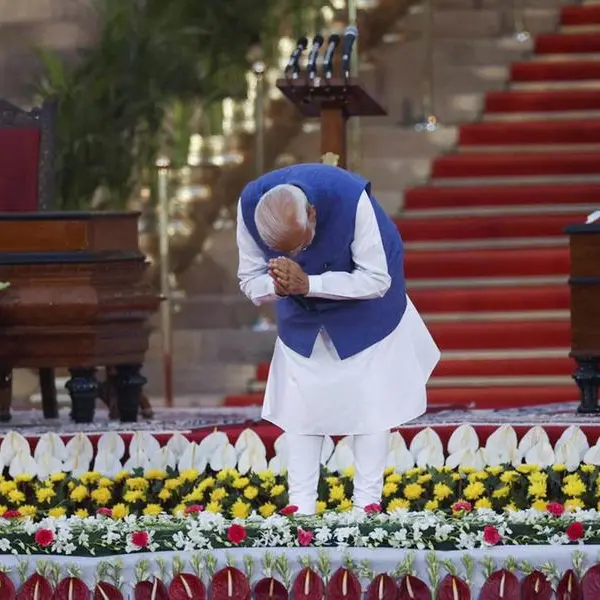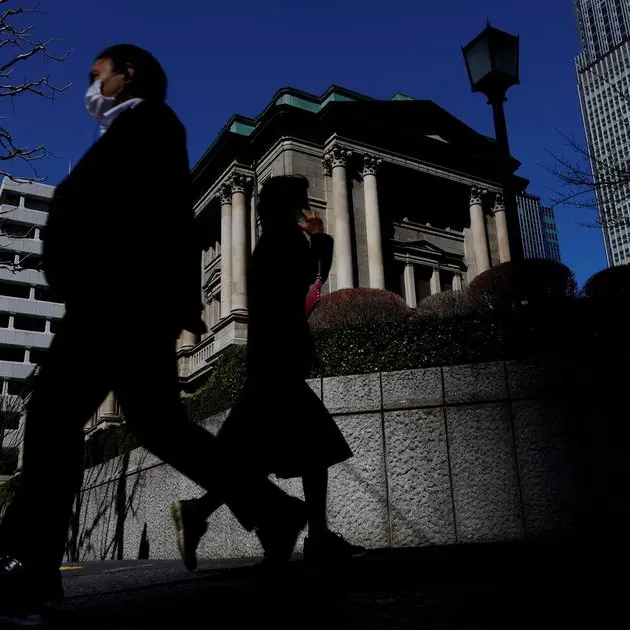PHOTO
Senegal's parliament late on Monday voted to postpone a presidential election from Feb. 25 to Dec. 15, extending President Macky Sall's mandate in an unprecedented break with the West African country's democratic tradition.
Amid widespread public outcry to the postponement, some opposition lawmakers tried to block proceedings in the National Assembly building until security forces intervened and forced them off the central dais, allowing the vote to proceed.
The contested bill was eventually passed by 105 members of parliament (MPs) in the 165-seat Assembly.
WHY DID PRESIDENT SALL CALL FOR A POSTPONEMENT?
Sall, who is not standing for re-election and has reached the constitutional limit of two terms in power, said he delayed the poll due to a dispute over the candidate list and alleged corruption within the constitutional body that compiled it.
"These troubled conditions could seriously undermine the credibility of the ballot by sowing the seeds of pre- and post-electoral disputes," he said in a surprise speech to the nation hours before official campaigning was meant to start.
The opposition Senegalese Democratic Party (PDS), whose candidate was excluded from the final list because of dual nationality issues, supports the delay and proposed the postponement bill in parliament before Sall's address.
WHAT DO HIS OPPONENTS SAY?
Other opposition and civil society groups have angrily rejected the postponement, with some accusing Sall of orchestrating an "institutional coup" to extend his tenure.
At least three of the 20 presidential candidates have submitted legal challenges to the delay, Constitutional Council documents show.
Two more candidates have vowed to challenge it via the courts, raising the prospect of a protracted legal battle.
WHY IS THIS SIGNIFICANT?
Senegal has never delayed a presidential vote. Its four largely peaceful transitions of power via the ballot box since independence from France in 1960 have built up its reputation as one of West Africa's more stable democracies.
The abrupt postponement has dismayed those who believed Senegal would stick to a standard electoral course that has become increasingly uncommon in West Africa, where military takeovers and constitutional manoeuvring have forced democracy into retreat in many countries in recent years.
WHAT HAPPENS NEXT?
Sall's announcement and the outcry it prompted have raised fears the country could see a repeat of violent protests that have broken out over the past three years over concerns he would try to run for a third term and the alleged sidelining of political rivals.
After the vote to delay the election to Dec. 15, West Africa's main political and economic bloc ECOWAS expressed its concern and urged politicians to take steps to re-establish an electoral calendar in line with the constitution.
ECOWAS has used sanctions and other pressure to try to force countries in the region back onto a more solid democratic footing over the last few years, but its efforts have proved largely ineffective.
"A postponement could open the door for subsequent postponements and allow the president to do many things," a Barclays analysis said.
Ratings agency Moody's has warned that any lengthy delay to the election could hamper the country's planned fiscal consolidation by making it harder to implement policies, including a promised phasing out of energy subsidies by 2025.
(Writing by Anait Miridzhanian; Editing by Alessandra Prentice; Editing by Emelia Sithole-Matarise)
